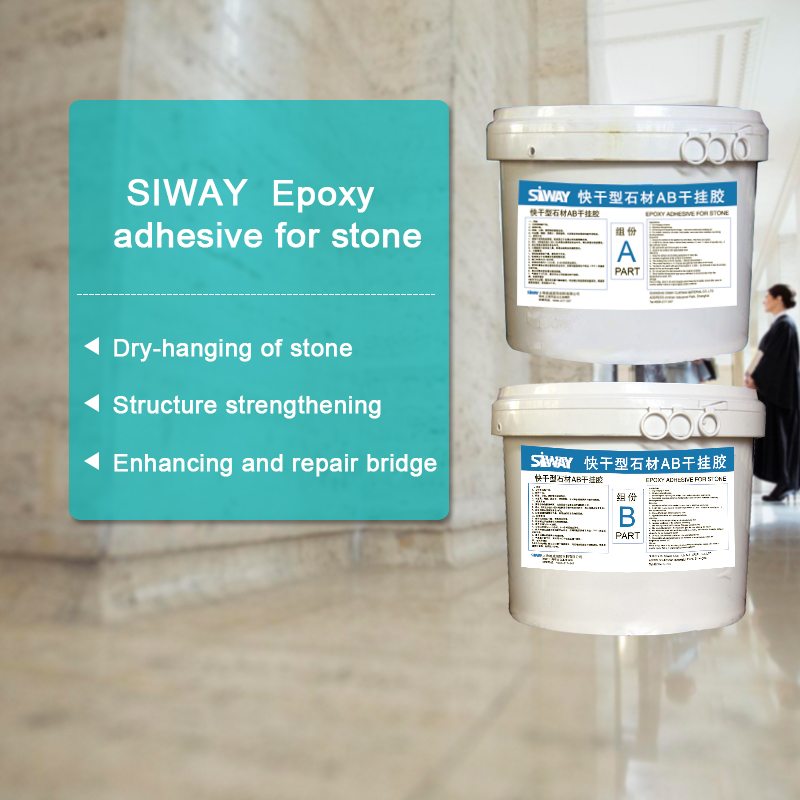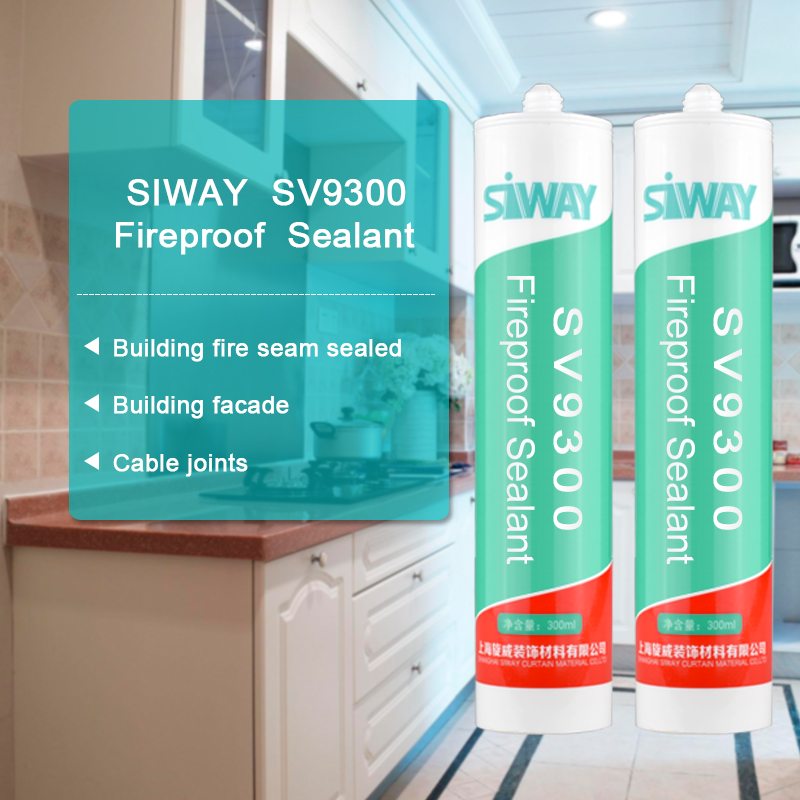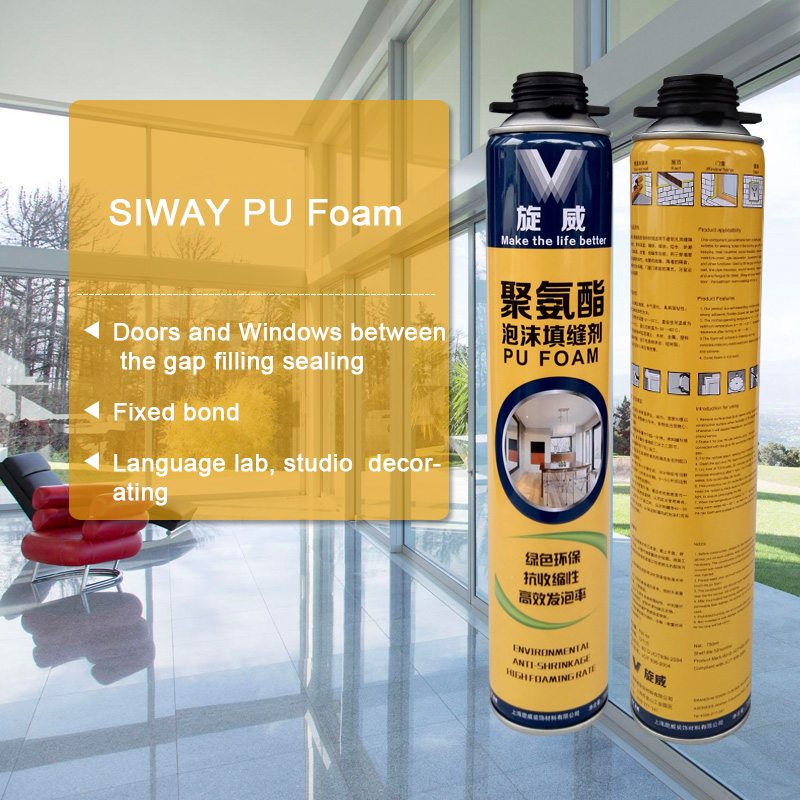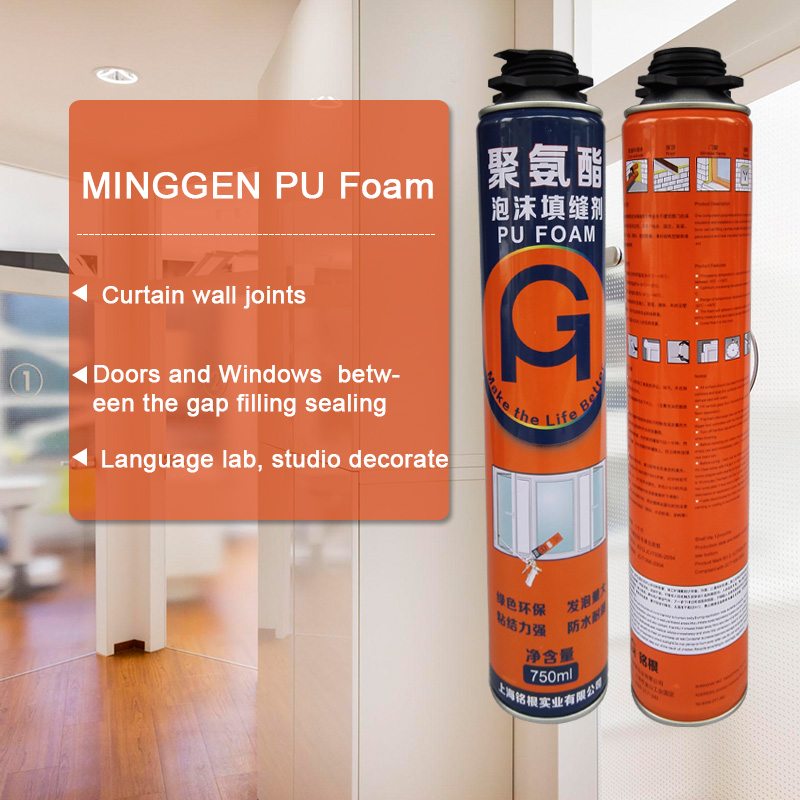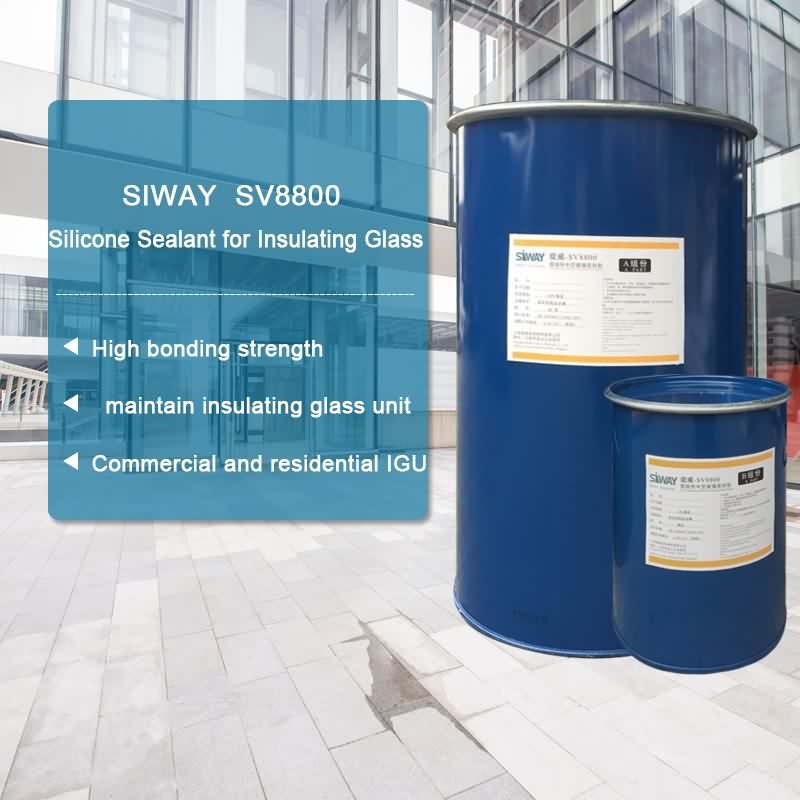2017 Good Quality Siway SV-602 Epoxy Structural Adhesive A/B to New Zealand Manufacturers
Short Description:
Description SV-602 is a 2-part structural epoxy adhesive developed for such application as dry fixing cladding. It has strong adhesion to metals, woods, reinforced plastics stone, ceramic and masonry. It is the best choice for bonding parts which must withstand weather, moisture and temperature fluctuations. SV-602 will adhere with minimum surface preparation and has a low coefficient of expansion. Key Features 1. Room temperature curing Epoxy adhesive 2. Fast cure at room temperature,...
Well-run equipment, professional sales team, and better after-sales services; We are also a unified big family, everyone stick to the company value "unification, dedication, tolerance" for 2017 Good Quality Siway SV-602 Epoxy Structural Adhesive A/B to New Zealand Manufacturers, Our aim is "blazing new ground, Passing Value", in the future, we sincerely invite you to grow up with us and make a bright future together!
Description
SV-602 is a 2-part structural epoxy adhesive developed for such application as dry fixing cladding. It has strong adhesion to metals, woods, reinforced plastics stone, ceramic and masonry. It is the best choice for bonding parts which must withstand weather, moisture and temperature fluctuations. SV-602 will adhere with minimum surface preparation and has a low coefficient of expansion.
Key Features
1. Room temperature curing Epoxy adhesive
2. Fast cure at room temperature, <40 min for reaching a tack-free status under standard environment (STD: 23℃, 50% humidity)
3. Mix ratio of 1:1 by volume or by weight
4. Good mechanical property
5. Bonds a wide variety of building materials
6. Good waterproofing and chemical resistance
Basic Application
1, the external walls of stone material, ceramic and other hang bond;
2, concrete, ceramics, stone, wood and other prefabricated split, bonding and jointing;
3, concrete, stone and so on crack repair;
4, the structure of the localization, anchor, reinforcement and reinforcement.
Technical data sheet
The following data is for reference only and is not recommended for the specification
| Shear strength | Stainless steel-stainless steel/Standard conditions | ≥18 | JC887-2001 | ||
| Pressure shear strength | Stone-stone/ Standard conditions | ≥12 | |||
| Stone-stone/ The freeze-thaw cycle 50 times | ≥10 | ||||
| Stone – stainless steel/ Standard conditions | ≥12 | ||||
| Standard conditions:Temperature=23℃,relative humidity=50%,48 hours curing | |||||
| attribute | SV-602-A | SV-602-B | SV-602(After mixing) | ||
| Colour | gray | white | grey | ||
| Density(g/cm³) | 1.8 | 1.8 | 1.8 | ||
| Viscosity(PaS) | 200-400 | 150-250 | |||
| Effective operating time(23℃) | N/A | N/A | 20min | ||
Certification
JC 887-2001
Color
Part A-Grey Paste/Part B-White Paste
Package
9kg/9kg per unit and 15kg/15kg per unit
Shelf life
12 months
Note
If you want the TDS or MSDS or other details, please contact with our sales person.
We’re not talking about fuel, but my solution happens on that side of the rail. Like blaming a failing alternator, don’t blame the lower seals if they leak. This concept for solving boost or vacuum leaks applies to nearly every of fuel injected car out there. More so when any of them that are forced-induction. This is how I fix it on my DSMs.
There are THREE seals on a DSM injector. A fuel o-ring, a lower injector seal, and an upper seal which applies pressure to the lower seal. It’s a spacer. If the upper seal fails, the lower ones don’t work. If the lower seals aren’t hard as nails, they’re probably not at fault if you have boost leaks.
I said it in the video… RTV isn’t for everything.
